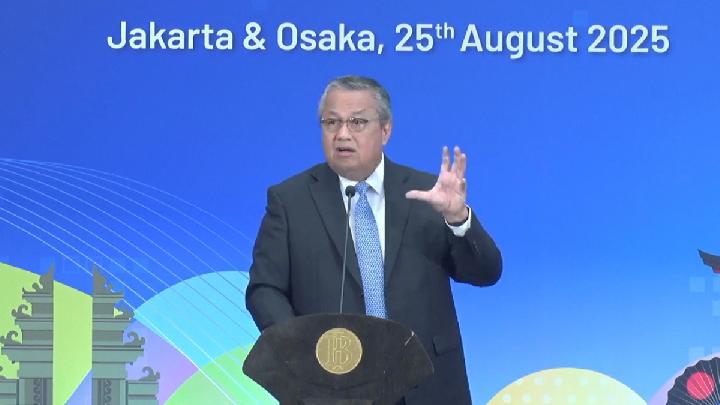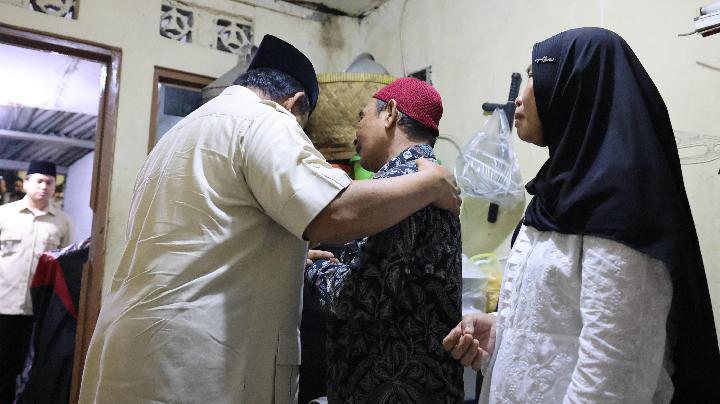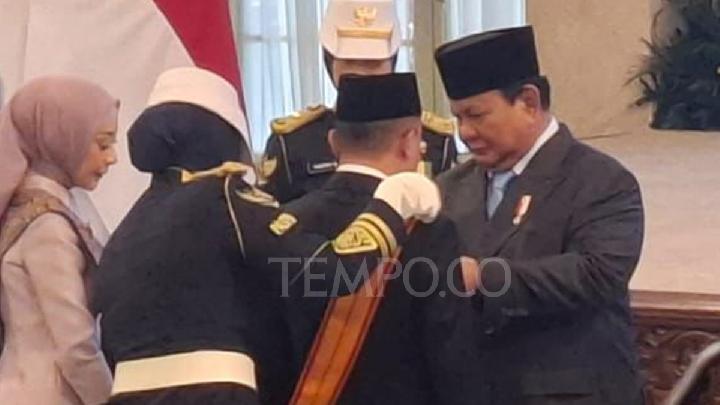By: Purwanto Setiadi, Co-founder of CommsLab, a communication ecosystem strategist on sustainable future.
Try breathing the air of Jakarta on a weekday morning, or cycling through traffic jams in Bandung, or living in a coastal village in Demak where the tide continues to surge inland every year, or visiting an area submerged by mudflows from gas drilling holes in Sidoarjo. For many Indonesians, the climate crisis is no longer an abstract warning—it’s a daily reality.
Yet paradoxically, government policies still chase growth goals that trivialize this dire reality. This situation is clearly a symptom of a more serious problem: a development trajectory that sacrifices well-being for the sake of growth statistics.
For more than 50 years, the Indonesian government—under successive presidents—has consistently prioritized increasing gross domestic product (GDP) as a central aspect of economic development. Growth is defended as a tool for equity. In practice, it has deepened inequality while eroding the very foundations of equity: clean air, forest sustainability, and climate stability.
Internationally, Indonesia has pledged net-zero by 2060. But at home, rising healthcare costs, traffic deaths, floods, and land grabbing show how much the ecological crisis is already undermining well-being.
The problem is, so far, there’s been little evidence of seriousness in implementing this agenda. Policy choices suggest denial rather than determination.
For example, the latest Electricity Supply Business Plan (RUPTL), which should be linked to efforts to reduce greenhouse gas emissions, still includes the construction of new coal-fired power plants. Gasoline subsidies also remain entrenched. In the forestry sector, the largest source of emissions, land clearing (meaning deforestation) will also increase due to food estate projects, bioenergy projects, and nickel mining and palm oil plantation expansion.
The risks posed by actions taken to achieve the 8 percent growth target under current administration have the potential to escalate. These could include stranded assets due to changes in the business landscape, carbon tariffs on products that still have a carbon footprint, worsening inequality, and even ecological catastrophe.
But another path is open: Indonesia has the opportunity to build an economy that prioritizes well-being, restores nature, and is planned democratically within ecological boundaries. In fact, this economy has become a daily practice among indigenous peoples and local communities in various remote areas.
In the new economy, production and consumption are driven not by abundance but by sufficiency, and therefore will not deplete natural resources—they will not exceed ecological limits. Energy use will be completely decarbonized. The measure of progress is prosperity for all; its measurement will no longer be based on GDP. And, no less important, every activity will involve the participation of a wide range of interested parties. What might this look like in practice?
In such an economy, people can commute by bicycle safely and conveniently, for short distances in urban areas, and by electric trains or buses instead of private motorized vehicles. Areas formerly home to extraction and mining activities are thriving with new livelihoods through forest restoration and solar-powered industries. And the success of development is measured, among others, by clean air and public health, not just GDP figures.
All of this is very possible. Indonesia has enormous potential: a young population, abundant natural resources with vast biodiversity, and a vibrant tradition of mutual cooperation in many places.
The enabling factors for this transformation already exist. International funding, while generally slow to develop, offers a variety of alternatives. For example, the Just Energy Transition Partnership scheme, established to facilitate the transition to clean energy, or green sukuk, Islamic securities to finance green projects. Several domestic policy instruments can also be mobilized—such as carbon taxes, windfall profit taxes, and village funds—to incentivize renewable energy and to integrate cycling into transportation policy.
Furthermore, social life still offers cohesion—rooted in long traditions of equality, cooperation, and mutual respect. This is further enhanced by the active involvement of the younger generation in environmental movements and various crucial issues for life.
The question, of course, is how to harness all of this to create a radically different economy than the one we have now? Or what fundamentally needs to be done?
Answering these questions requires reimagining not only what kind of economy Indonesia should build, but also how to build it in practice.
Several key issues must be addressed not only through political will but also through concrete action. First, eliminate the use of coal, natural gas and oil products in the energy sector and build power plants that are completely free from fossil fuels and false solutions--relying instead on solar, wind, and hydropower. Second, prioritize the movement of people, not motorized vehicles, in the transportation sector (active mobility, including cycling, and public transportation must be central). Third, restore nature and stop tolerating deforestation (preserve peat, mangroves, and forests).
Moreover, two equally important steps are ensuring that no one is left behind during the transition and redefining how progress is measured. Survival must be safeguarded—for example, through a public job guarantee that provides dignified work in restoration, renewable energy, and sustainable mobility. At the same time, success should no longer be measured by GDP alone, but by health, equity, and ecological stability.
Taken together, these shifts are not optional; they are the conditions for survival in the face of ecological breakdown. Every delay only deepens the risks and multiplies the costs of collapse.
Indonesia has the decisive opportunity to act--phasing out coal, restoring nature, guaranteeing livelihoods, and measuring progress by well-being--and lead the way toward a new model of prosperity within ecological limits. With such a transformation, it would not only protect the future, it would also honor the best of its traditions: cooperation, resilience, and care for life itself.
If something seems so obvious--morally and rationally urgent--is still met with reluctance, the government risks confronting society with crises that will only grow more painful, more costly, and ultimately, impossible to contain--and impossible to escape.
*) DISCLAIMER
Articles published in the “Your Views & Stories” section of en.tempo.co website are personal opinions written by third parties, and cannot be related or attributed to en.tempo.co’s official stance.

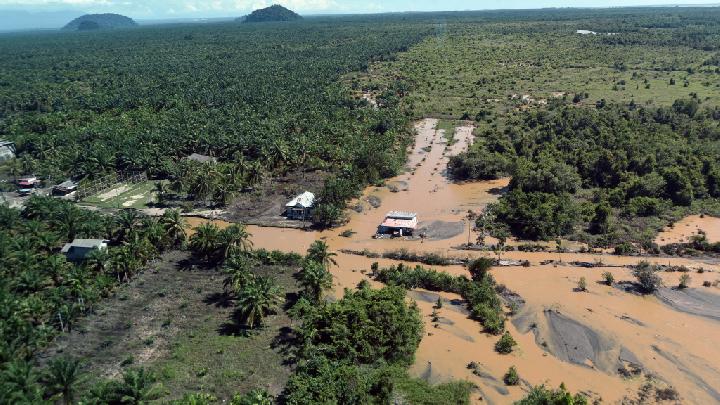
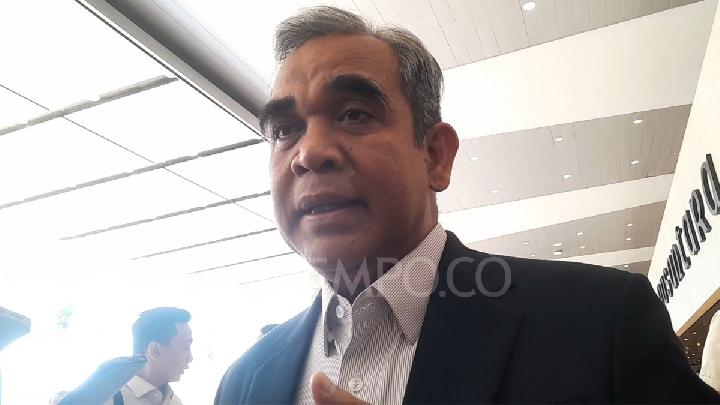
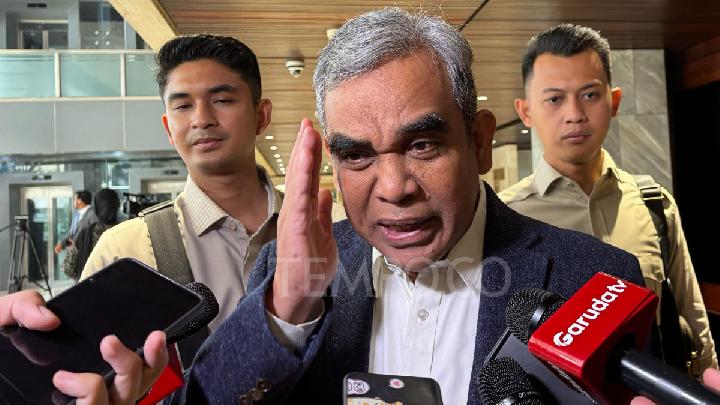

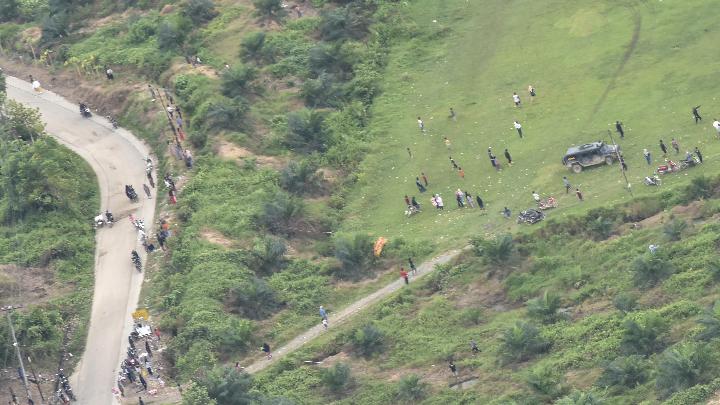
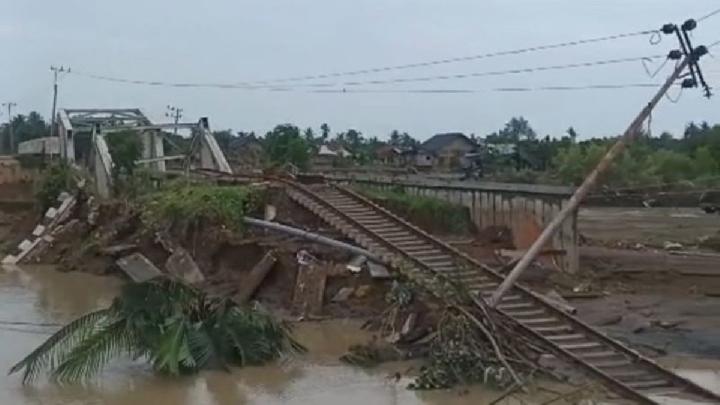


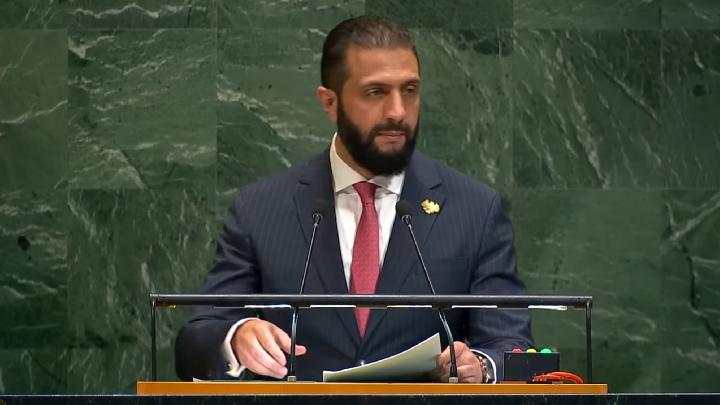

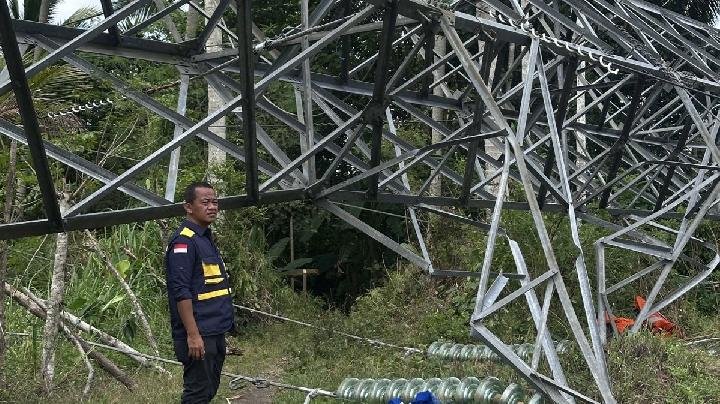
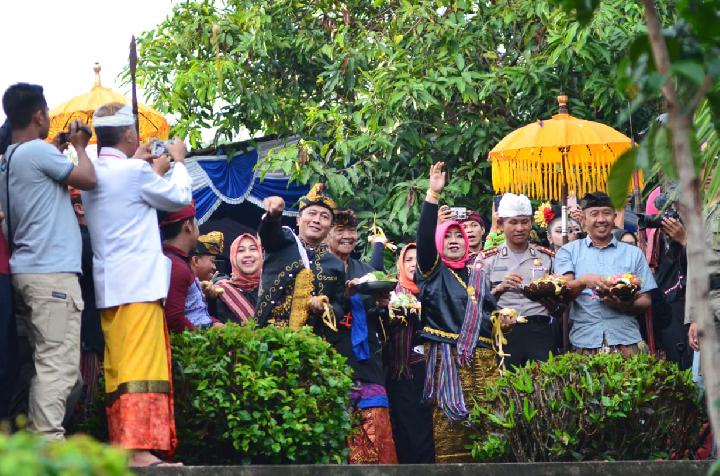

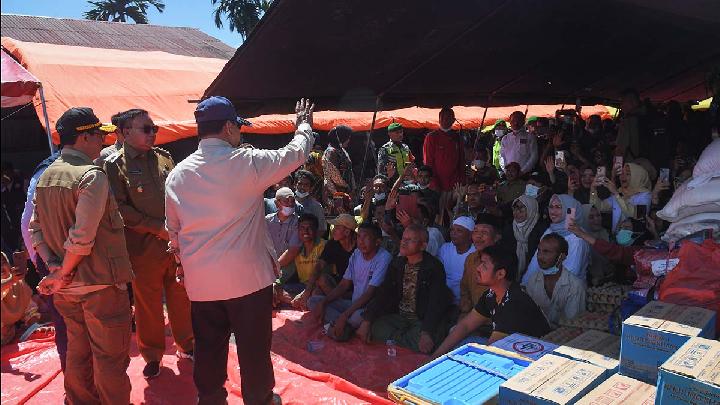

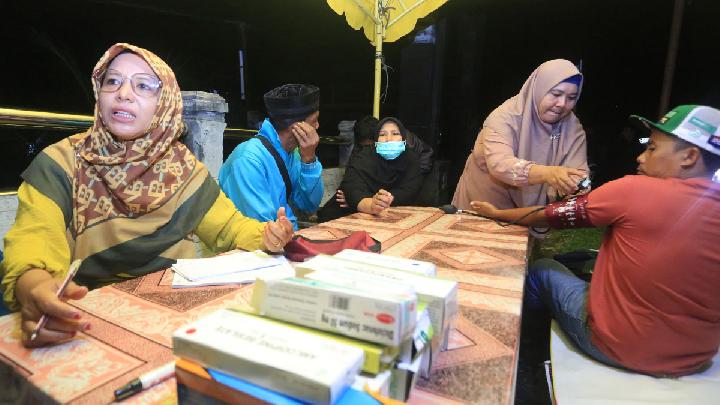


















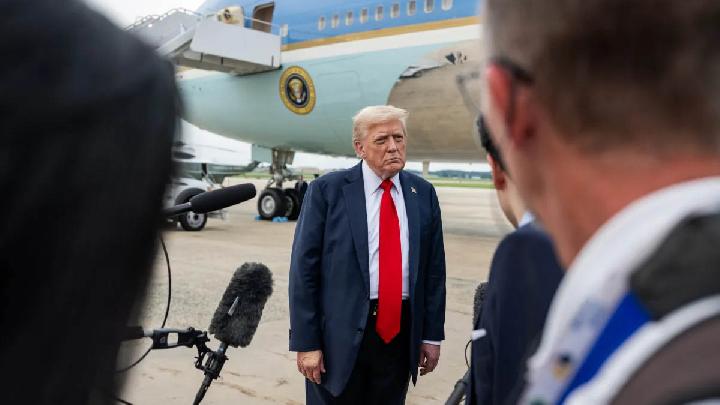

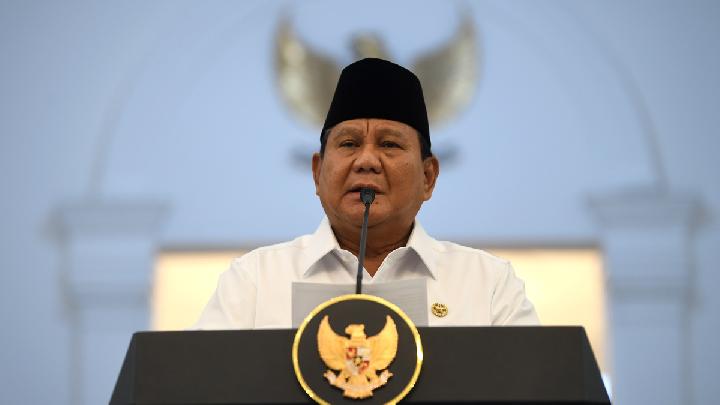

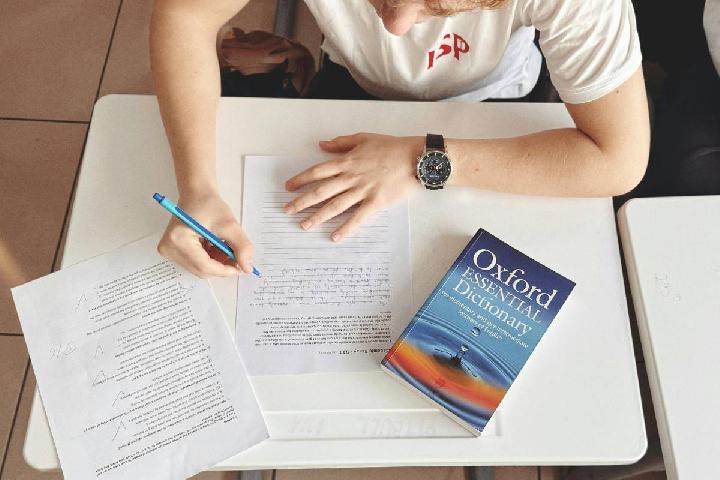



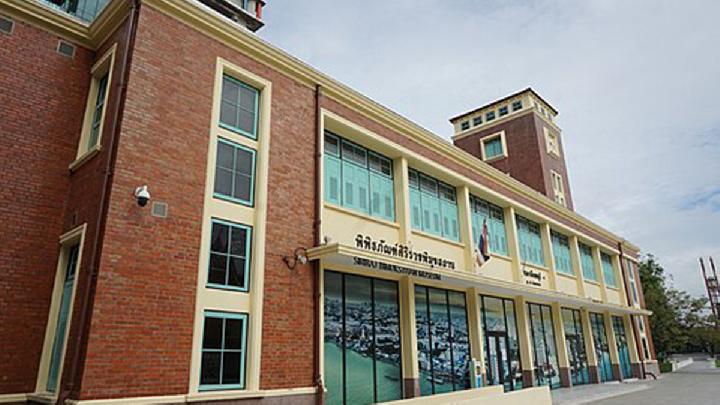
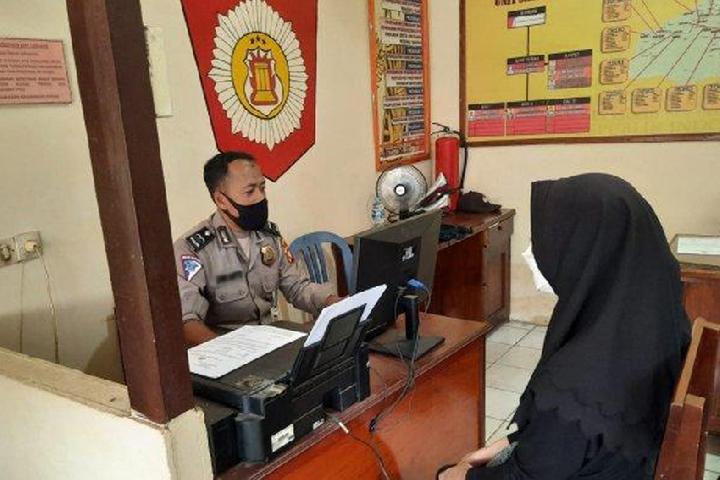
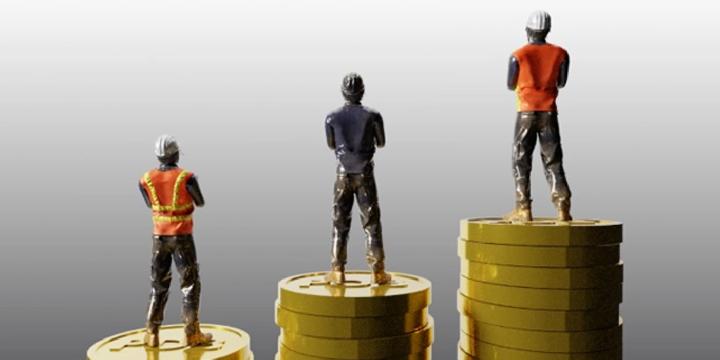

:strip_icc():format(jpeg)/kly-media-production/medias/5243277/original/092151900_1749100247-front-view-cute-little-boy-listening-music.jpg)
